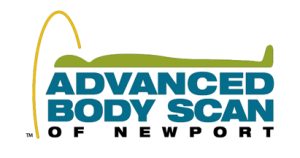Enter “Your Value” for each risk factor. The results give you your risk for developing heart disease in the next ten years and compares that risk with the average risk for a person of your age and sex.
Who should consider getting a EBT Heart Scan?
- Men over age 35
- Women over age 45
- Younger age if there is a history of premature heart disease in the family.
- Current or Former Smoker
- Diabetic
- Elevated Cholesterol
- High Blood Pressure
- Overweight
All individuals being considered for conventional coronary angiography as a result of either symptoms (chest pain or angina) or positive or inconclusive exercise (treadmill) testing.
Individuals who have had bypass surgery, angioplasty or atherectomy, and need a re-evaluation of the condition of the revascularization(s) (bypass graft or stent patency).
Individuals who have had bypass surgery, angioplasty or atherectomy, and are experiencing new symptoms (chest pain, shortness of breath, fatigue, etc.).
All Individuals with an unexplained cardiomyopathy
For localization of the coronary sinus prior to pacemaker placement.
Other indicators: Evaluation of Congenital Heart Disease, annual follow-up of patients after heart transplant, Coronary vein assessment, pacemaker placement.
